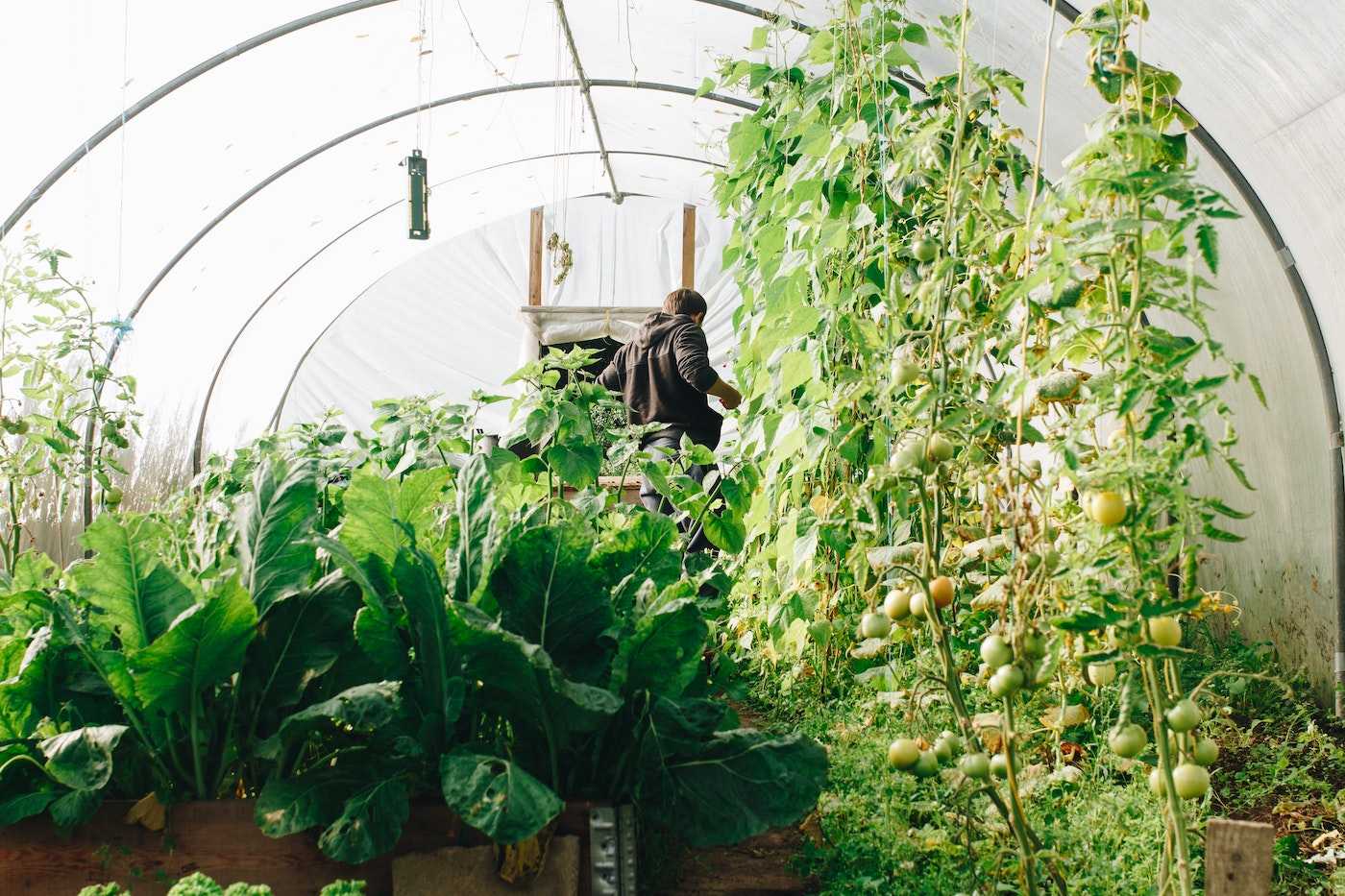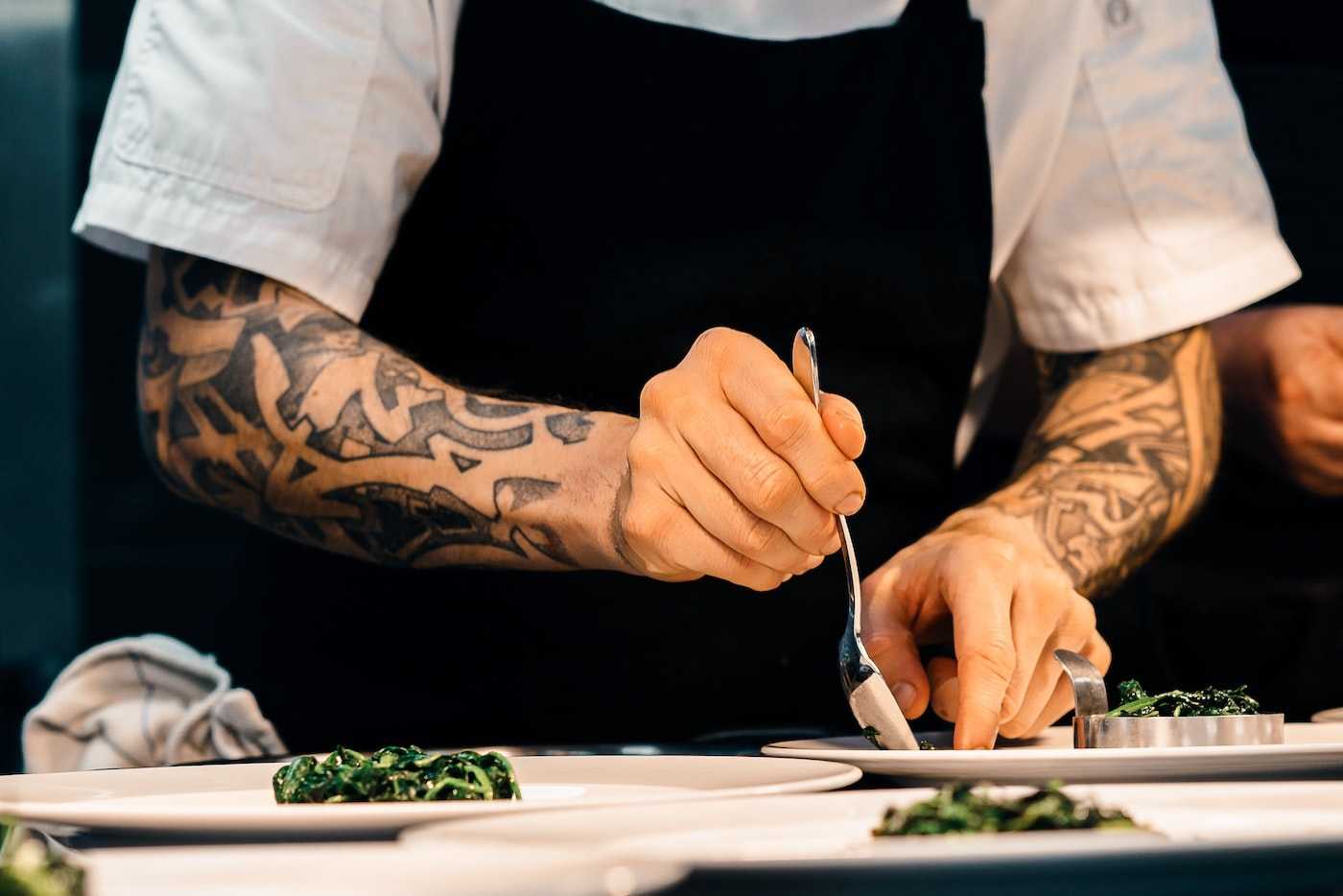NFTs in Hospitality: A Hype or a Model for the Future?
NFTs open up many possibilities in a wide range of industries, including hospitality. But how can you use them in your hospitality business? Read...
The hospitality industry is constantly evolving. Discover the key hospitality trends for 2023 and how you can implement them into your business.

From seaweed burgers to vegan versions of traditional recipes and regenerative food: 2023 will bring a series of innovative and inspiring hospitality trends. The focus is entirely on sustainability.
In her Food Report, food trend expert Hanni Rützler examines the key developments expected for the future of the food industry in 2023. According to the report, three mega trends and three key topics can be identified for the coming year.
Take a look at the hospitality trends for 2023 with us and get some inspiration on how you can implement them into your own business.
For the tenth year now, the Food Report provides guidance for those involved in the food and hospitality industry to help make better decisions for the future in a fast-changing environment.
The 2023 issue not only includes the most important developments for the coming year, but also summarizes the trends of the past ten years in a food trend glossary.
As briefly mentioned at the beginning of this article, next year is all about sustainability. This is reflected in three mega trends as well as three key topics.
How resilient is our food system? The last two years in particular have highlighted how dependent we are on functioning supply systems, and how much crises can impact the global food system. These impacts have caused a shift in thinking about how and where we source our food.
And that's exactly what New Glocal aims to do. The food trend describes the current shift toward re-regionalization and reorientation of the globalized food system. The focus is on sustainable cycles, transparent supply chains and regional production of food.
In the future, it will no longer be the cheap price that determines whether food is imported or not, but regional availability. The motto will be: As local as possible.

For products for which the food trade must continue to rely on international imports, new criteria will play a special role influencing this choice. The focus is on transparent supply chains and cooperation with fair trade producers and companies that produce food in a regenerative way.
This not only brings about changes in the product range of retailers, but also means a reorientation of the menu in restaurants. As a restaurant owner, you can meet the demand, for example, by forming cooperations with regional suppliers who produce their food in a fair way. You can also include this information on your website and in the menu to make the origin of the regional food visible to your guests.
Vegan dishes have long been a major trend in the food and restaurant industry. For 2023, Rützler sees a new development regarding veganism. It will be all about putting a vegan twist on classic recipes.
Particularly in the German, Austrian and Swiss cuisine a large part of the traditional dishes are based around meat. For vegetarians and vegans to not have to miss out on the classics, the food industry is responding by producing alternatives without animal ingredients. For example, jackfruit instead of pulled pork or seitan instead of minced meat.
Food blogs, cookbooks and recipe platforms also demonstrate how traditional dishes can be prepared with vegan alternatives. For example, this blog offers vegan recipes for dishes from traditional German cuisine and this one lists plant-based recipes of American classics. Take inspiration from the reinterpreted classics for your next weekly menu and create your own dishes without animal products that fit your restaurant concept.
Regenerative Food is about producing food according to the criteria of regenerative agriculture. This regenerates and protects the soil, promotes biodiversity and reduces greenhouse gas emissions. In terms of sustainability, the health of the soil plays an essential role in the production of food.
This applies to both plant-based and animal source foods. Plant-based products can also have a negative impact on the climate if they are not grown in a regenerative way, for example by using too much water or damaging the soil.
In the future, regenerative food will become increasingly interesting, as more and more consumers want to know how their food is produced. Therefore, it is also worthwhile in the hospitality industry to purchase food that has a good environmental footprint in terms of energy and sustainability. Platforms like SAI or Soil Health Academy offer information about regenerative agriculture as well as food production and connect participants with each other.

A common question raised by the increasing interest in vegan dishes and products is: Does meat still have the same significance in our food culture as it did, for example, 30 years ago? According to the Food Report, the importance of meat is declining, while plant-based meat is becoming more relevant – and not only among vegans and vegetarians.
Food technologists and investors are driving this development just as strongly as people who want to eat without animal products. In addition to already well-known vegan meat alternatives such as tofu, wheat protein or jackfruit, more alternative products will be introduced to us in the future.
These include alt-protein or cell-cultured food, for example. The former stands for alternative proteins such as mushrooms, seaweed and insects, while the latter is a meat and fish substitute that is grown in laboratories from animal cells. The Viennese start-up Revo Foods, for example, which specializes in the production of plant-based fish alternatives, demonstrates how this can be done.
For your business, you can tackle this concept along with the food trend no. 2 from this article. Think about which of your dishes you can offer plant-based meat or fish alternatives for. Start with a few of your top dishes, try out different substitutes and ask your guests which alternatives are particularly well received.
Social media brings people together from all over the world. Social networks are now also succeeding in uniting and mixing cooking styles and traditions from the kitchens of different countries.
The central keyword here is fusion food. The term first emerged in the U.S. in the 1980s, when restaurateurs began creating culinary highlights from different food cultures and culinary arts. Today, fusion cuisine is experiencing a new boom through social media, which will be a part of the hospitality industry in 2023.
The great thing about this is that there are no set rules. What's required instead: Know-how about which spices and ingredients from different cuisines around the world combine well.

If you want to try fusion food for yourself but lack ideas, start simple. Prepare one of your dishes the way you normally do. Take a look at the ingredients and think about what you could do differently. As an example, you can add some ginger or cardamom to a pumpkin soup or use coconut milk instead of cream. This is how you transform one of your classic dishes into a fusion creation.
Consumers place great value on sustainability when choosing their food. During everyday shopping, however, this wish cannot always be fulfilled. Here, the choice of food is often determined by price, convenience and the available range. For the future, retailers must adapt their assortment to the needs of consumers.
As a restaurateur, you can adapt to this development and meet the consumer's desire for sustainability in your business. This can easily be combined with the trends and topics already mentioned in this article, as they all have the goal of creating more sustainability by using regional products or plant-based alternative dishes.
The food and hospitality industry is undergoing constant change. Hanni Rützler's Food Report offers guidance and presents the most important developments for 2023. The focus of the three major trends and the three main topics for next year is sustainability.
For restaurateurs, it will be a matter of dealing with the food trends and considering which ones fit into one's own concept. Don't just follow every trend, but rather let yourself be inspired and discover new possibilities for introducing innovative concepts and creations into your business.
NFTs open up many possibilities in a wide range of industries, including hospitality. But how can you use them in your hospitality business? Read...
Learn about the top hospitality trends for 2025 and discover helpful tips on how to apply them in your business.
From sustainability to culinary diversity: Discover the hospitality trends for 2024 and how you can already implement them in your business today.
Make sure you never miss out on updates and trends about digitalization in the hospitality industry by subscribing to our monthly newsletter. You will receive useful information delivered directly to your inbox.